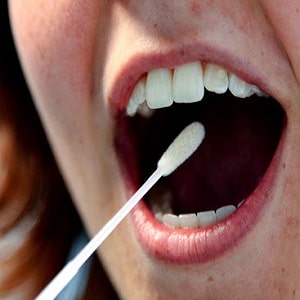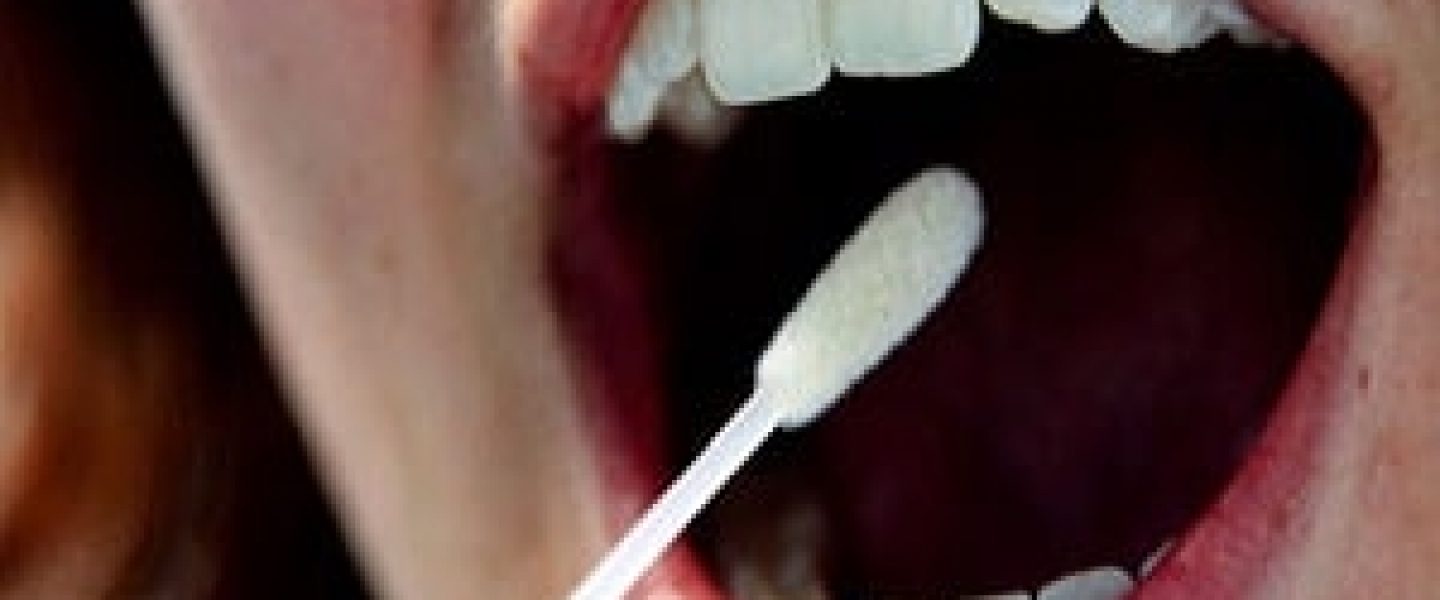 LANSING- Just announced: the second hearing about the roadside saliva test for marijuana in Michigan will be Thursday, May 8, and there will likely be a vote on it.
LANSING- Just announced: the second hearing about the roadside saliva test for marijuana in Michigan will be Thursday, May 8, and there will likely be a vote on it.
The House Judiciary Committee took testimony previously on HB 5385 in April. During that hearing the Michigan State Police (MSP) representative, Sgt. Gill, told the Committee that some of the MSP leadership had returned from a convention in California and they liked the idea of the roadside test. The MSP sought permission to begin a pilot program in Michigan in which the MSP would determine which test was the most reliable and then roll out a statewide program.
That concept met with resistance, specifically from Rep. Jeff Irwin, D- Ann Arbor, who asked for legislative input on any program and for a scientific community assessment of the testing before any experimental program began. He also questioned why the bill did not articulate a pilot program, but instead authorized statewide use of testing by law enforcement. As a result of testimony given at that hearing, and subsequent appeals to the office of bill sponsor Rep. Dan Lauwers, R- St. Clair, the saliva testing portion of the bill is expected to be amended out.
We’ll believe it when we see it.
There is real reason for concern. The oral swabs are not approved for use federally in any capacity, but some private companies use the swabs in employment situations. No state has adopted laws like the one proposed in Michigan.
Each saliva test detects for a variety of substances, including cocaine, methamphetamine and alcohol; every brand of swab has differing accuracy rates for every substance tested. The manufacturing, accuracy and safety of these oral swabs are not regulated by any federal agency and are not approved by the Food and Drug Administration.
There has been no demonstrable need for the test, as illustrated through testimony delivered by marijuana community members during the first hearing. Standard testing methods already employed by the police have been successful, and the issue of driving impairment as a result of cannabis use has not been resolved.
A legislative analysis of HB 5385 failed to include any assessment of the costs of this roadside saliva test program; the analysis merely stated that the “fiscal analysis is in progress.” That document was dated 4/16/2014; the bill was introduced on 3/4/2014.
The saliva test is only one component of HB 5385. The bill was created out of tragedy as a woman, intoxicated on prescription pills, killed two people in an automobile accident and was later discovered to have had multiple encounters with law enforcement. Her test results from the previous encounters were stuck for months in the MSP crime lab testing backlog, which kept her on the streets. The bill was originally designed to allow officers to enter information into the LEIN system about intoxicated driving encounters without waiting for test results.
At the previous hearing, Rep. Lauwers was more interested in maintaining the focus of the bill- the early reporting into the LEIN computer system- than he was interested in fighting the legitimacy or necessity of the roadside saliva test championed by the MSP. Regardless of amendments the bill will likely pass out of Committee on Thursday and afterwards, to the floor of the House for a vote.
The bill has 15 co-sponsors, although some of them have new-found reservations about the bill’s effect on medical marijuana patients. Rep. Michael Callton, R- Nashville, told members of the media before the first hearing that he did not know the details of the bill when he agreed to be a co-sponsor, and has reportedly lobbied Rep. Lauwers to remove the saliva testing portion of the language.
House Judiciary Committee Meeting (public testimony is anticipated)
May 8, 9am, Room 521, Anderson House Building, Lansing
Source: TheCompassionChronicles.Com






